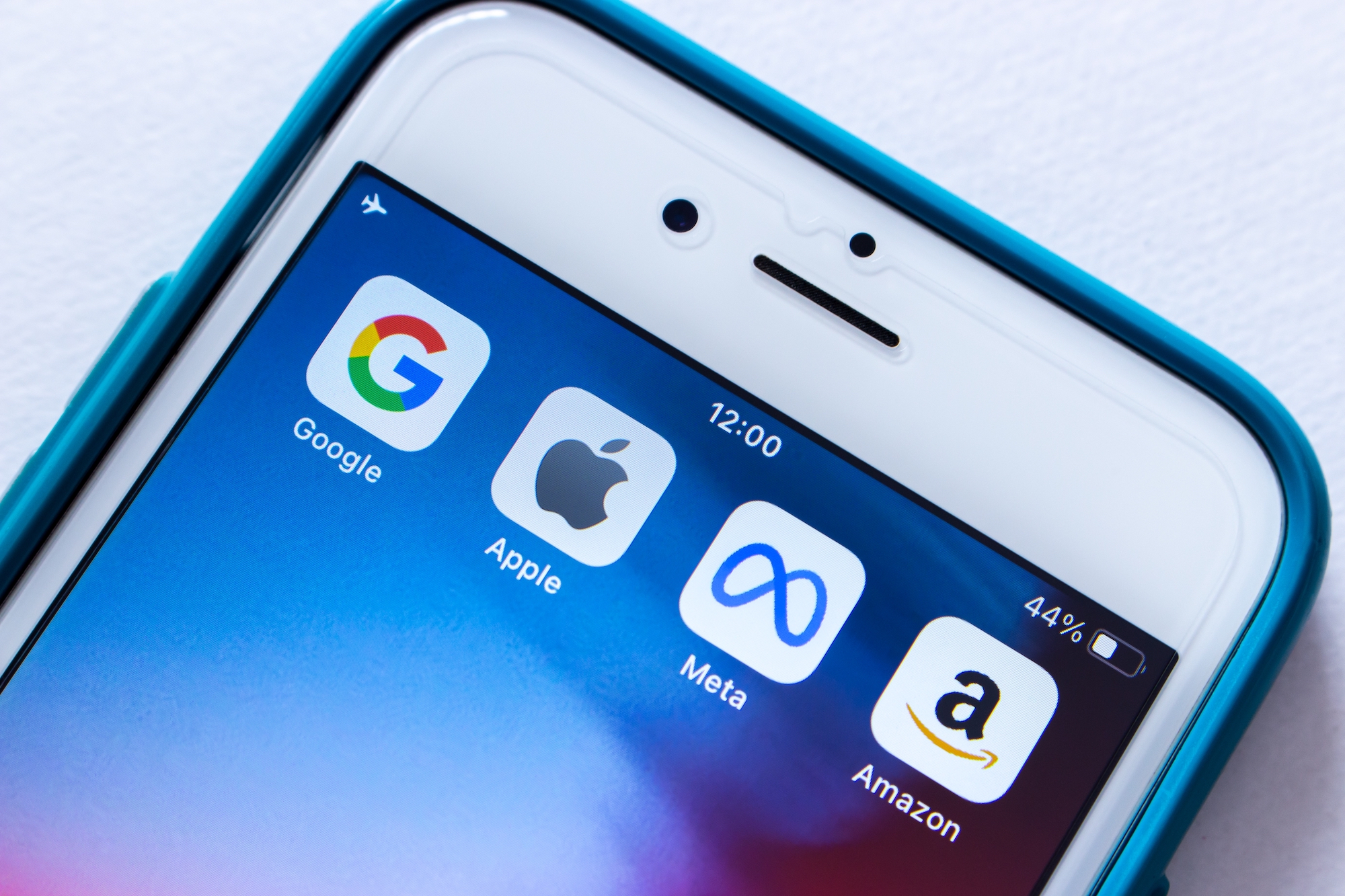
This week, the House Energy and Commerce Committee will hold a full committee hearing with TikTok CEO Shou Chew to discuss how the platform handles users’ data, its effect on kids, and its relationship with ByteDance, its Chinese parent company.
This hearing is part of an ongoing investigation to determine whether TikTok should be banned in the United States or forced to split from ByteDance.
A ban on TikTok would affect over 150 million Americans who use TikTok for education, entertainment, and income generation.
It would also affect the five million U.S. businesses using TikTok to reach customers.
Is TikTok The Only Risk To National Security?
According to a memo released by the Tech Oversight Project, TikTok is not the only tech platform that poses risks to national security, mental health, and children.
As Congress scrutinizes TikTok, the Tech Oversight Project also strongly urges an investigation of risks posed by tech companies like Amazon, Apple, Meta, and Google.
These platforms have a documented history of serving content harmful to younger audiences and adversarial to U.S. interests. They have also failed on many occasions to protect users’ private data.
Many Big Tech companies have seen TikTok’s success and tried to emulate some of its features to encourage users to spend as much time within their platforms’ ecosystems as possible. Academics, activists, non-governmental organizations, and others have long raised concerns about these platforms’ risks.
To truly reduce Big Rech’s risks to our society, Congress must look beyond TikTok and hold other companies accountable for the same dangers they pose to national security, mental health, and private data.
Risks Posed By Big Tech Companies
The following are examples of the risks Big Tech companies pose to U.S. users.
Amazon
Amazon has made several controversial moves, including a partnership with a state propaganda agency to launch a China books portal and offering AWS services to Chinese companies, including a banned surveillance firm with ties to the military.
Apple
Independent research found that Apple collects detailed information about its users, even when users choose not to allow tracking by apps from the App Store. Over half of the top 200 suppliers for Apple operate factories in China.
The FTC fined Google and YouTube $170 million for collecting children’s data without parental consent. YouTube also changed its algorithm to make it more addictive, increasing users’ time watching videos and consuming ads.
Meta
Facebook allowed Cambridge Analytica to harvest the private data of over 50 million users. It also failed to notify over 530 million users of a data breach that resulted in users’ private data being stolen.
It also allowed Russian interference in the 2016 elections. The influence operation posed as an independent news organization with 13 accounts and two pages, pushing messages critical of right-wing voices and the center-left.
TikTok
TikTok employees confirmed that its Chinese parent company, ByteDance, is involved in decision-making and has access to TikTok’s user data. While testifying before the Senate Homeland Security Committee, Vanessa Pappas, TikTok COO, would not confirm whether ByteDance would give TikTok user data to the Chinese government.
Conclusion
While the dangers posed by TikTok are undeniable, it’s clear that Congress should also address the risks posed throughout the tech industry. By holding all major offenders accountable, we can create a safe, secure, and responsible digital landscape for everyone.
Featured Image: Koshiro K/Shutterstock






